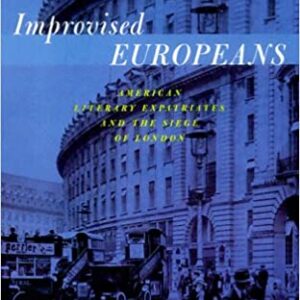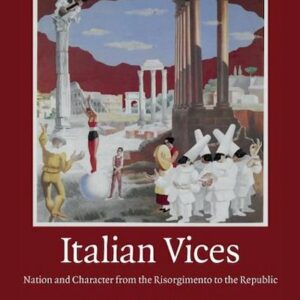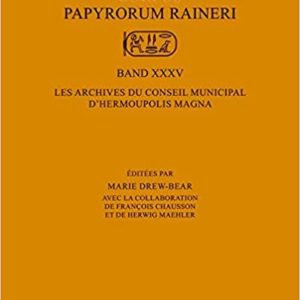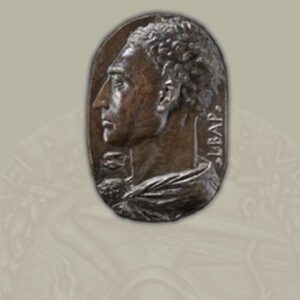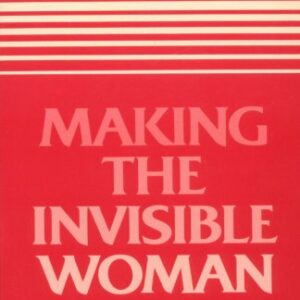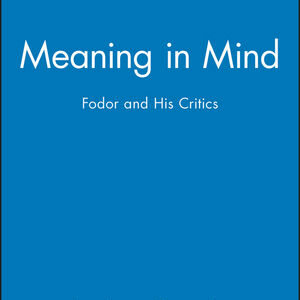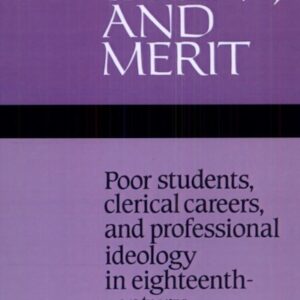
Grace, Talent, and Merit: Poor Students, Clerical Careers, and Professional Ideology in Eighteenth-Century Germany
By Anthony J. La Vopa (NHC Fellow, 1983–84; 1998–99) This book focuses on "poor students", young men in eighteenth-century Germany who owed their studies to charity, who formed a substantial minority within the theology faculties, and who entered careers in the clergy, the academic schools, and the universities. Professor La Vopa shows how a cluster … Continued


